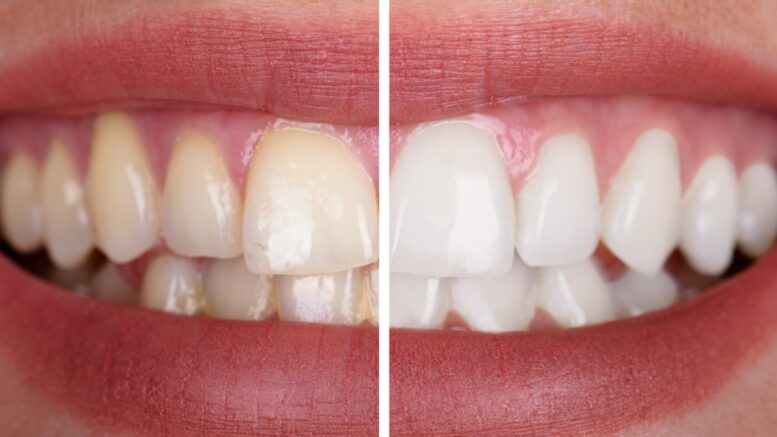You’ve often heard about the importance of oral hygiene, but do you take all the necessary steps to clean your mouth? If you don’t, keep reading.
Poor oral hygiene can lead to severe and long-term health issues, tooth decay, gum disease, bad breath, and mouth cancer. Moreover, many people need to realize that their oral hygiene can use improvement.
That’s why it’s essential to know the signs of bad oral hygiene and how to deal with them. This article will discuss five signs of bad oral hygiene and tips to counter them. Knowing the signs and how to prevent them can help you maintain a healthy mouth and smile.
Read on.
Bad Breath
Anaerobic bacteria cause bad breath on the tongue, teeth, and gums. They release sulfur compounds, which contribute to bad breath. To prevent bad breath, maintain good oral hygiene practices, such as brushing and flossing twice daily and using a tongue scraper to remove bacteria from the tongue.
Drinking plenty of water and avoiding sugary and starchy foods can help to reduce bacteria in the mouth. If bad breath persists despite good oral hygiene practices, we suggest seeing an Atlanta dentist for further evaluation.
Tooth Sensitivity
When enamel erodes, it exposes the dentin, the soft layer of the tooth. When the dentin is exposed to cold or hot temperatures, acidic foods, beverages and brushing can all cause pain and sensitivity.
Switch to a toothbrush with extra soft bristles and use a special toothpaste to reduce sensitivity. Make sure to brush your teeth twice a day and floss regularly.

Bleeding Gums
While some bleeding in the gum is common when flossing or brushing, a large amount of excessive bleeding could indicate gum disease. It is caused by a buildup of plaque, tartar, and bacteria around the teeth and gums, which can irritate the gums and cause them to become inflamed.
Gum disease can lead to tooth loss and other serious health issues if left untreated. Brush and floss your teeth regularly. Also, visit your dentist for a professional cleaning every six months.
Plaque and Tartar Buildup
Plaque and tartar are the most common signs of poor oral hygiene. Plaque is a sticky, colorless film of bacteria that forms on the teeth and gums and can cause decay and gum disease if not removed.
Tartar, on the other hand, is a hardened plaque calcified on the teeth and is difficult to remove. If not tended to, plaque and tartar buildup can lead to gum disease, infection, and tooth loss.
Brush and floss regularly to prevent the buildup of plaque and tartar and keep your mouth healthy and clean.
Discoloration of Teeth and Gums
If your teeth and gums aren’t regularly brushed and flossed, they can become stained or discolored due to the buildup of plaque and bacteria. Professional teeth cleaning can remove most surface staining and discoloration, but it’s crucial to maintain good oral hygiene habits to prevent further discoloration.
Brushing and flossing twice daily and using a tongue scraper can help keep your teeth and gums looking healthy and white.
Final Word
Poor oral hygiene can lead to dental problems that are painful and expensive to treat. If you experience any of the above signs of poor oral hygiene, visit your dentist as soon as possible to assess your dental health. Regular brushing, flossing, and dental checkups can keep your mouth healthy and feeling great.
